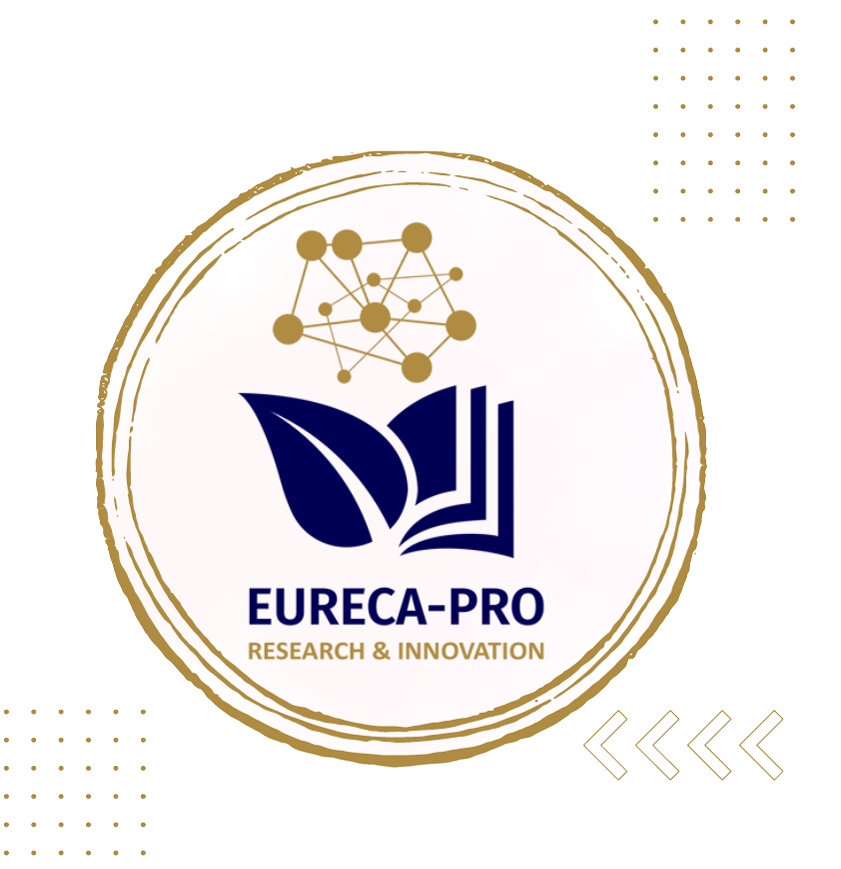Barometer of the Inclusiveness of Scientific Communities
Action Area 2: New Human Capacity
Deliverable 6.3 | WORK PACKAGE 6 – Inclusiveness of Scientific Communities
University of Petroșani
Type: Executive Summary
In today’s geopolitical context of the challenges posed by financial, economic, health, moral and war crises, inclusivity is one of the complex issues facing society in general and the scientific community in particular.
The approach to equity, diversity, inclusion and membership in the EURECA – PRO consortium academic community depends on the degree of understanding, awareness, tolerance and ongoing commitment to their creative values. To this end, WP6 – Inclusiveness of scientific community – started with the analysis of the current situation of universities and business on D&I, including a glossary of terms, best practice platform and case studies. The Barometer on Inclusion of Scientific Communities was used as a comparative tool, which was compiled based on the survey responses and which we believe would be useful to use periodically to see the dynamics of D&I.
The operationalization of D&I concepts, as an innovative element of the research, applied The Analytic Hierarchy Process (AHP) considering 6 criteria and 6 indicators as multi-criteria decision elements for the Global Priorities of Inclusiveness.
The results of the global prioritization process show that the most pressing measures to promote academic inclusion are:
- Evolving inclusive practices (28.5%);
- Developing a curriculum for all (21.7%);
- Creating inclusive culture (13.2%);
- Strengthening community (11.7%);
- Developing inclusive policies (9.3%);
- Ensuring support for diversity (9.2%).
The conclusions drawn are fully in line with the EUROPE 2030 Strategy and this document is relevant to the following UN Sustainable Development Goals: (5) Gender equality; (8) Decent work and economic growth; (9) Industry, Innovation and Infrastructure; (10) Reducing inequality and (12) Responsible consumption and production and is guided by the principles of human rights at work (www.sdgs.un.org/goals), (ILO, Declaration on Fundamental Principles and Rights at Work, 1998).
All our scientific approach aims at transferring/sharing knowledge and leveraging the EURECA – PRO Consortium as the main center of knowledge, innovation and education in the field of responsible consumption and production in Europe and one of the world’s leading global institutions in shaping inclusive behaviors.



